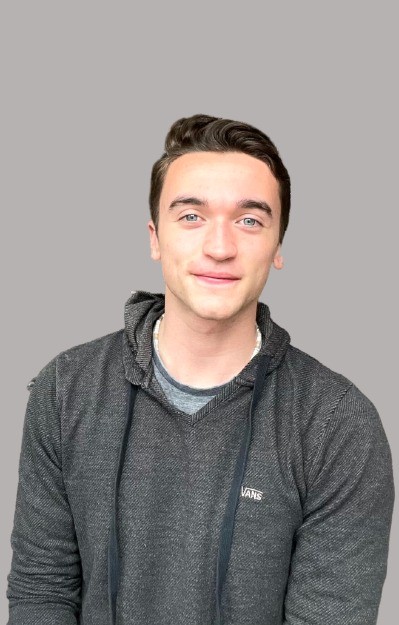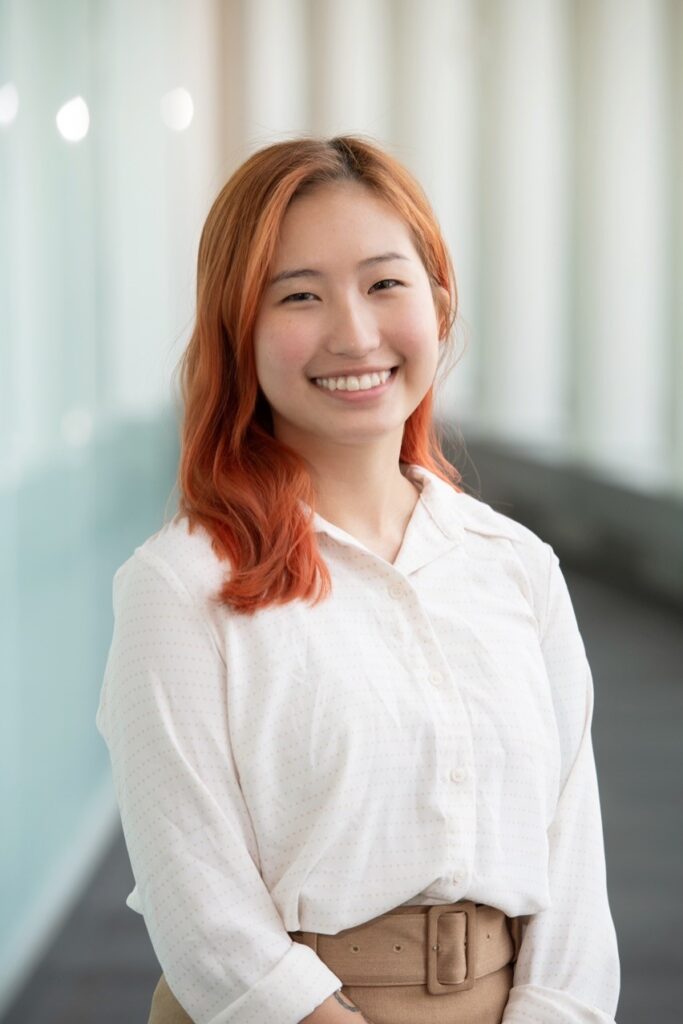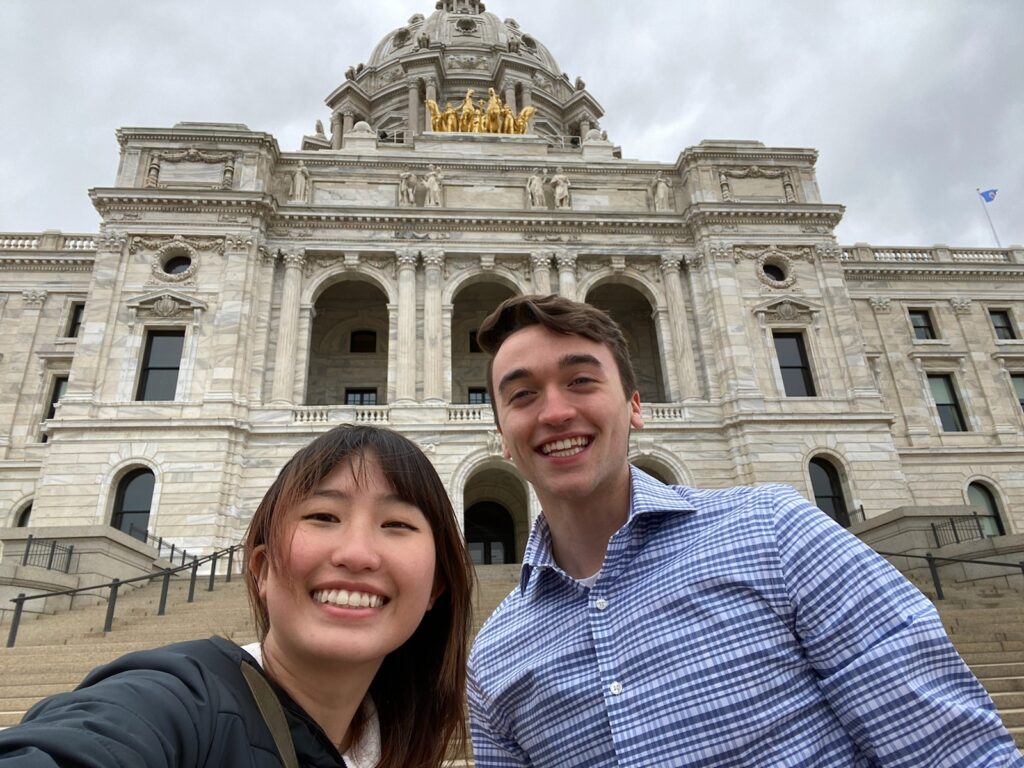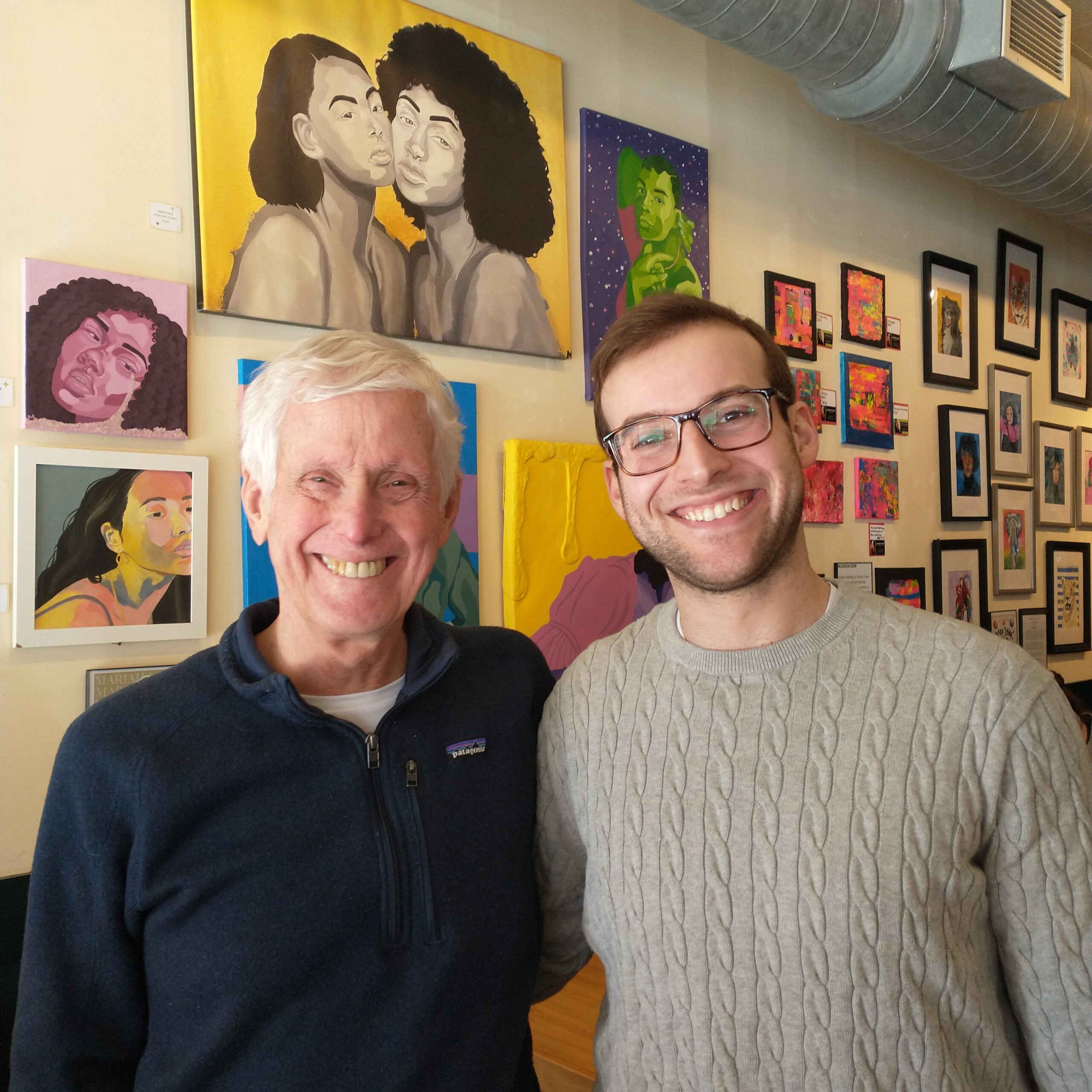The 2022 legislative session is officially over, which means so too is our time working with Think Small as public policy interns. It’s a bittersweet goodbye. On one hand, both of us have cherished the valuable connections we’ve made at Think Small, but on the other hand we’re excited to apply what we’ve learned about early childhood advocacy to our careers.

The 2022 legislative session is officially over, which means so too is our time working with Think Small as public policy interns. It’s a bittersweet goodbye. On one hand, both of us have cherished the valuable connections we’ve made at Think Small, but on the other hand we’re excited to apply what we’ve learned about early childhood advocacy to our careers.
Throughout the short time we’ve been here, Think Small has taught us how powerful each of us can be if we incorporate the lessons from this internship into our personal advocacy journeys. We are excited to share our final reflections with you below.
Eidan

My goal for this internship was to understand all the background organizing that goes into creating equitable early childhood policy. By meeting with the various members of the Think Small team and other advocates, I now realize that policy is so much more than what gets written into bills at the State Capitol.
I’ve always enjoyed working with kids, and I’ve always enjoyed learning about politics. When I applied to this internship, I thought it could be the perfect marriage of those two interests. It has been! During meetings, I could tell that each Think Small team member was endlessly passionate about improving the lives of Minnesota’s children. It didn’t matter if I was talking to someone in finance, development, data, or another department, everyone had an intense belief that the legislature (and adults in general) needed to prioritize our youngest learners. In other words, I learned that while policy is important, dedicated advocacy can take many forms. It also means distributing grants and scholarships, holding workforce trainings, publishing books for educators to use in the classroom, and more! I’d like to thank the Think Small staff for teaching me that lesson.
Additionally, over the course of the internship I was able to meet with several people I now consider celebrities in the advocacy world. For example, one of my favorite memories of the internship was meeting with Todd Otis, who is allegedly retired but still seems neck deep in the same advocacy work he has been pursuing his whole career. Todd shared several nuggets of wisdom with Quynh and I, but I was personally most affected by his overall demeanor. Even after a long career in the legislature, Todd seemed to have a positive outlook on early childhood policy reform; his enduring optimism is a quality I hope to mirror in my own future advocacy efforts.
In addition to learning about the various facets of Think Small’s work, this internship gave me the opportunity to understand more about the state of early childhood issues at the legislature. Learning how to track bill proposals and committees was the most challenging and rewarding aspect of this internship. It gave me insight into exactly how policy makers believe child care can be improved, as well as insight into which policy areas policy makers most need to reform. I even received the opportunity to track the status of some of Think Small’s efforts at the legislature!
If there is one way to sum up my takeaways from this internship, it would be that kids can’t be their own advocates at the Capitol. They need us. They are completely dependent on adults to pass legislation which improves their early development experience. Because of my brief time at Think Small, I know our kids are in good hands.
Quynh

2022 has been quite a year. Continuing the COVID-19 pandemic in a mostly virtual setting, I can’t say this hasn’t been difficult. Although that is true, having this internship and the opportunity to work with the Think Small team has relieved some of that hardship. When I first applied for this position, I thought, “Great! A way for me to advocate for what I believe in.” Looking back, I honestly didn’t fully understand what advocacy was and what it entailed. My views on advocacy were quite linear. I thought advocating was going to demonstrations, events, and rallies. I was unaware of the different approaches advocacy can have, especially through policy work.
Throughout the internship, Eidan and I were assigned a wide variety of tasks, many of which I expected since it was included on the job description. We undertook activities such as attending weekly committee hearings, writing social media posts, and connecting with Think Small staff and other advocates in the early care and education field. In addition to that, we spent our downtime researching more about the legislative process, which is still very confusing to me. There was not a day that I was bored; something was always happening.
Although there were many responsibilities to get done, there are two big projects I want to highlight during my time as an intern. The first is working with Dianne Haulcy and advocating for the Community Solutions Grant program. I am honored to be a part of such great work that supports communities of color within Minnesota. Throughout this whole process, I connected with local community members utilizing this program to help our youngest children of color and American Indian children. Not only was this my first exposure to state grant programs, but it was also the first time I directly interviewed a local program. With that interview came a blog post. I am proud of the final result, but even more on the relationships I’ve built.
The second project I am also highlighting is a bill tracker presentation. One of our tasks was to find out the history and trail of a specific bill. For me, it was the Community Solutions Fund. During this process, I found how difficult it was to navigate and find information on the MN Legislature website (but that’s another problem for another time). Somehow, I was able to do it. I got all the information I needed and presented as best I could to Think Small staff. It was a successful experience.
All in all, my time at Think Small is coming to an end and I am left reflecting on what I’ve learned. I have a better understanding of how bills get passed, what committee hearings looks like, and how to physically navigate the Capitol. Even with all those experiences, I have to say advocacy and public policy work ultimately comes down to building relationship and community. Without all the amazing advocates and employees within the field, advocacy wouldn’t be what it is. Although connecting can take many forms, the intentionality and purpose is what brings us all together. I am forever grateful for the opportunity and relationships Think Small has given us.

By 2022 Todd Otis Public Policy Interns Quynh Nhu Dao and Eidan Silver








